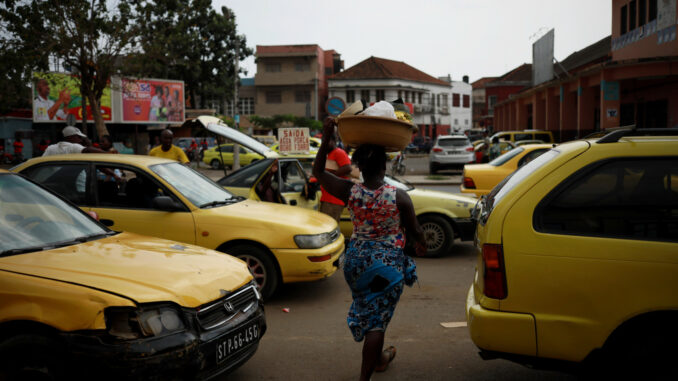
Cape Verde’s debt management was more effective and included new measures, leading to a positive assessment from the World Bank, 0.8 points above the average for sub-Saharan Africa.
The World Bank has improved its assessment of Cape Verde’s ability to effectively use foreign aid, given national policies and institutions, which was 0.8 points above the average for sub-Saharan Africa.
“Debt management has improved through updates to the legal framework, transparent reporting and budget risk management,” reads an annual World Bank report, to which “Lusa” had access on Wednesday September 13. It analyzes whether the institutional and policy environment is conducive to the effectiveness of development aid, in which a score of 3.9 points is given, the highest among the Portuguese-speaking African countries (PALOP).
In the report, the International Development Association (IDA), the World Bank’s arm for concessional financing to the poorest countries, says that Cape Verde has made “remarkable progress in the management of water and sanitation services, which has led to easier access to safe drinking water”.
However, they add, “there are concerns about the significant deviations between budgeted expenditure and actual expenditure, which indicates the need to improve budget control and projections” and, finally, they argue that “economic management should be improved to match the strong performance in institutional quality”.
The World Bank improved the score of 12 African countries, maintaining 20 and worsening eight, in a report that assesses the adequacy of each country’s policies and institutions for the effective application of financial aid for development.
